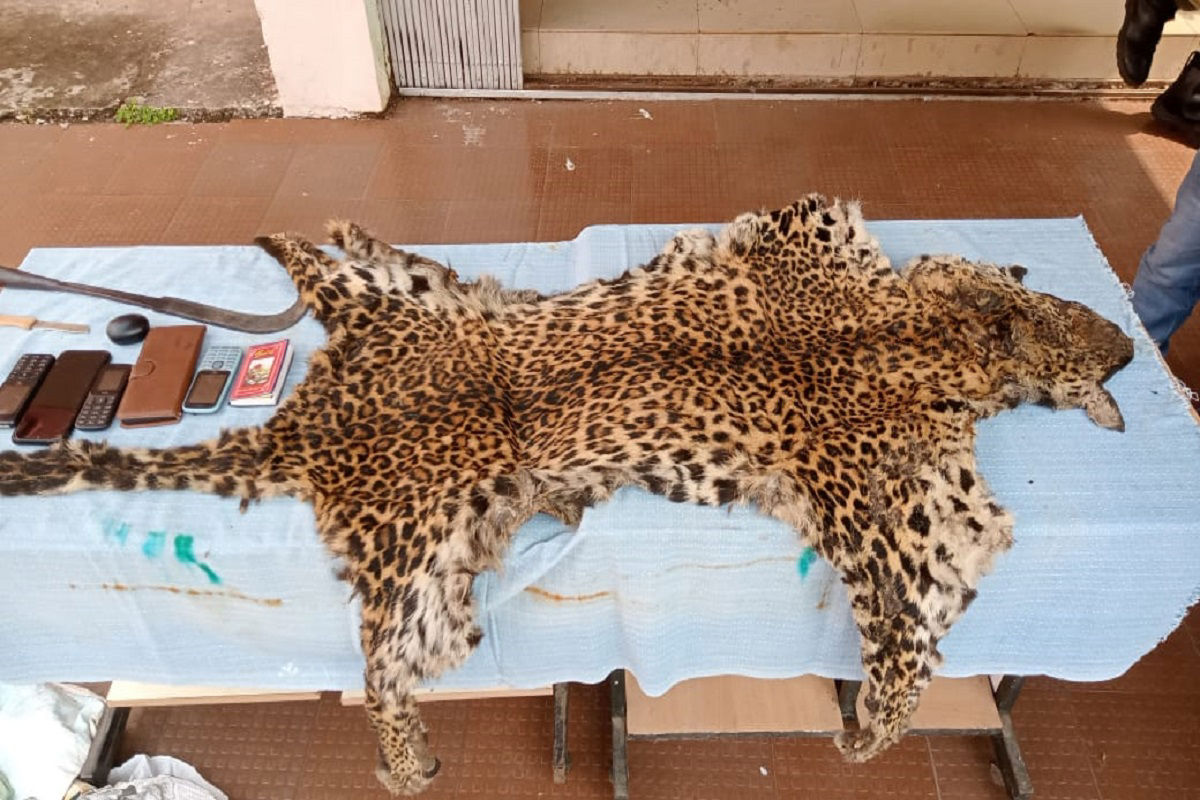China’s appetite for endangered species ~ from rhino horns to tiger claws ~ used in traditional medicine or as lucky charms has been insatiable. Poaching of wildlife, as a result, has been on the rise in the traditional source areas for this illegal trade including India, Nepal, and South East Asia. But now, according to a report by one of the world’s leading experts on non-state actors Vanda Felbab-Brown, wildlife trafficking from Mexico to China is growing exponentially.
Despite being on opposite sides of the world, poaching of terrestrial and marine species, as well as illegally harvested timber in Mexico for the Chinese market has increased significantly in recent years and is posing a serious threat to Mexico’s biodiversity. Among the species poached in Mexico and smuggled to China, sometimes via America, are reptiles, sea cucumbers, totoaba, abalone, sharks and jaguars. Mexican rosewood too is much sought after in China.
Advertisement
The report says legal wildlife trade from Mexico to China, such as in sea cucumbers and crocodile skins, now provides cover for laundering poached animals. Similarly, the legitimate fishing and export industry in Mexico provides a means to channel illegally-caught marine products to China.
As Mexican narco-criminal groups often control extensive territories in that country, these areas become no-go-zones for government officials and civil society groups so the true scale of poaching, illegal logging, and wildlife trafficking to China is difficult to ascertain, though it is estimated to be far higher than previously assumed. But what has the world worried is that the problem may not be restricted to poaching and illegal trade.
It is suspected that even the legal trade in wildlife between the two countries facilitates the money laundering activities of Mexican drug cartels, with various wildlife products used by them as a value transfer mechanism to Chinese traders in exchange for precursor chemicals for illegal drugs such as fentanyl and methamphetamine, which are then produced in Mexico.
“In Mexico, far more so than in other parts of the world, poaching and wildlife trafficking for Chinese markets is increasingly intermeshed with drug trafficking, money laundering, and value transfer in illicit economies,” says Felbab-Brown. The takeover of large parts of the fishing industry by Mexican narcocriminal groups to ensure the marine products in demand in China are the priority catch for fishermen has put the cartels and Chinese traders in direct contact.
The infamous Sinaloa Cartel is a major player in this system. Till 2005-2007, Chinese traders in both legal wildlife commodities and illegal wildlife products dealt directly with local hunters, poachers, and fishermen. Today, Mexican narco-criminal groups have inserted themselves into the value chain, as it were, as facilitators and/or middlemen. The Chinese appetite for skirting the rules is seemingly endless.









